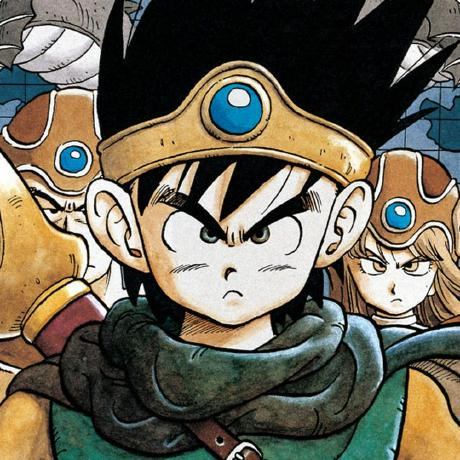Excluding the game name from the title will surely help the developer
You’d think that Panic as a publisher would help them with marketing
To go with what a lot of people in here are saying about marketing being a very important aspect, and also point out for Indies it’s continual marketing that’s important. Indies don’t always sell well right away you kind of got to keep pushing at it. Heck the game came out what a week and a half ago? They’re already thrown in the towel?
Although, after watching the trailer I’m not sure how unique this game really was. Certainly looks like a couple dozen other games I’ve seen come out in the last few years.
If memory serves, it took hollow knights a few weeks too
Game is Arco.
I haven’t ever heard of it; maybe they should focus more on ‘How do we market this’…
Its definitely a hard thing for most indie devs to do on their own. Its a totally separate skillset that most of us don’t have but can definitely be learned.
That’s what a publisher is for, and in this case they failed them completely.
I’m convinced it’s unnecessary if your game is good. Word of mouth is so strong with gamers
Relying on luck isn’t a great strategy, even if it sometimes works.
There’s no hidden gems in steam. Games sell as well as they should for their quality. There’s margin of error of course like a low quality game sells on the higher end due to good marketing or a high quality game sells low end due to poor marketing.
Most games are just not great
There’s no hidden gems in steam
high quality game sells low end due to poor marketing
Self contradiction
Not to diminish the dev, but I did see this promoted in a Steam sale, and with 200+ reviews, that’s not exactly chump change. Also it was released only a week ago. From watching the trailer, that’s more or less the numbers I expect that kind of game to be pulling.
One thing I haven’t seen mentioned here already, is that the game is only on Steam. Which limits the customer base to Steam, yes it’s a massive audience but they’re missing out on free sales by not listing it on places like GOG, Itch.io, Gamejolt, etc
The reality is those other platforms won’t make much difference on sales at all, and with a limited indie dev team they’ve made a wise decision to focus on the largest PC storefront.
It’s the same reason a lot of indies don’t target Linux, the effort vs reward simply doesn’t make sense for small teams. Anyone who says “But Unity and Unreal Engine support Linux! It’s literally two clicks!” has no idea what they’re talking about and hasn’t actually been through the process of releasing a game for multiple platforms.
There’s a pretty big difference between “Selling the exact same binaries on different stores” and “Supporting a whole different OS with it’s own alien ecosystem” =P
In the case of store fronts, we’re talking about more sales (even if it’s extremely low) that literally take 0 effort to do.
No, see you’ve fallen into the exact trap I just described. The “exact same binaries” is not true. The Steam build will have the Steam overlay SDK integrated into it. The GOG build won’t. Each store may require its own SDK and API integrated into the build. But even they were the exact same binaries, you’ve still got to think about QA, build pipelines, storefront configuration (including achievements and online subsystems like leaderboards, parties/lobbies and voice chat, plus collectables and any other bespoke stuff a particular store has) and community management, plus any age ratings and certification/testing each store requires (though PC is usually pretty sparse on this front).
For small indie teams, all of this can seriously eat away at your time, so it makes sense to limit how many stores you target based on risk vs reward.
Edit: btw I’m not trying to be a troll, I just know from first-hand experience. I’ve been in the games industry for over two decades and have done everything from AAA to running my own indie studio. Indie development is brutal, you really have to be clever about your time management otherwise your risk of failure skyrockets.









